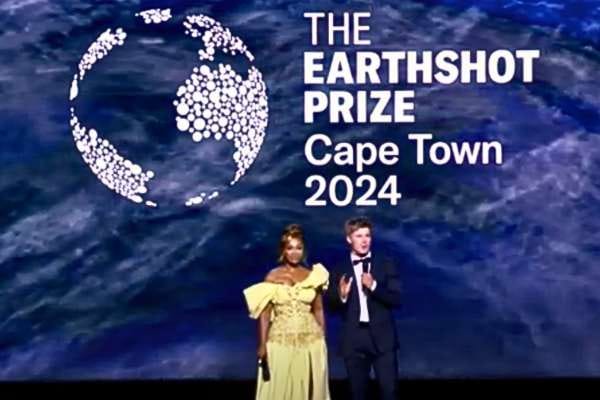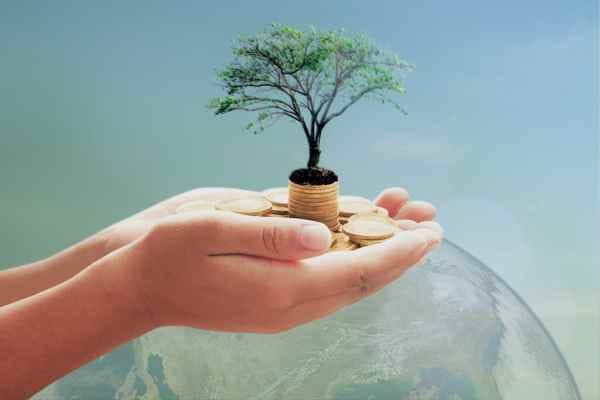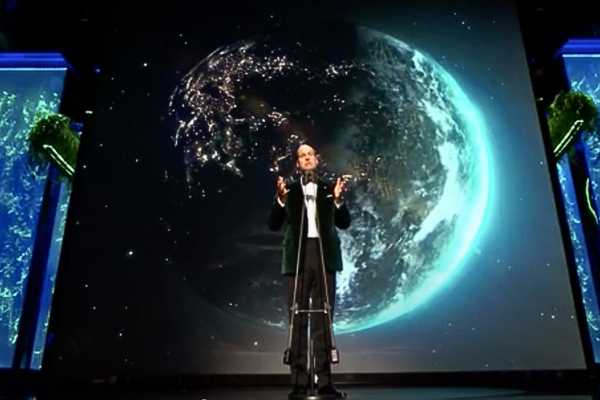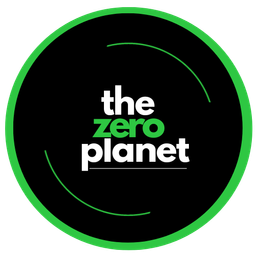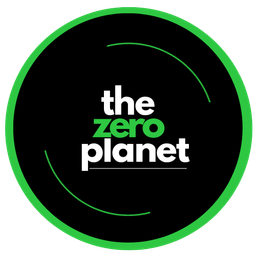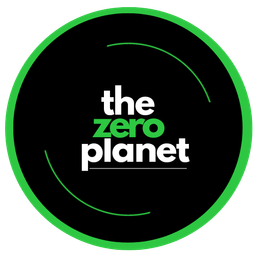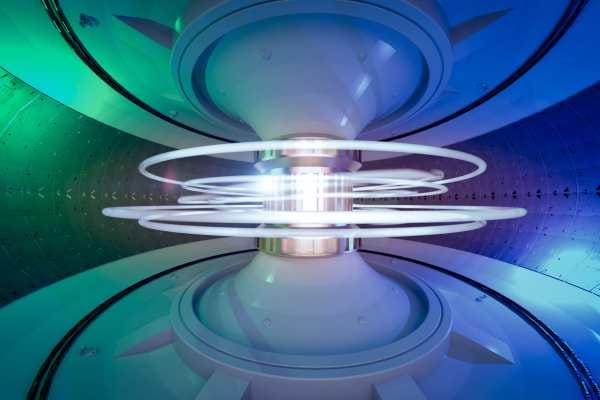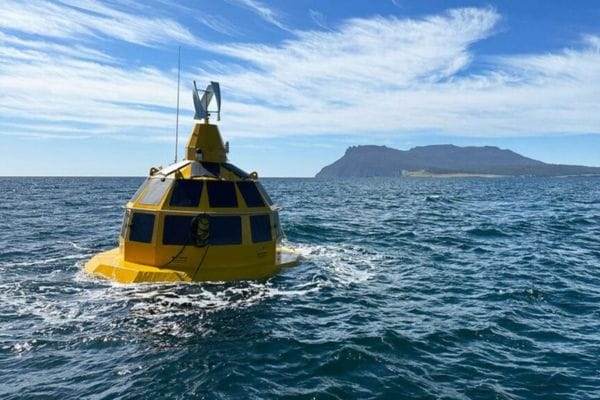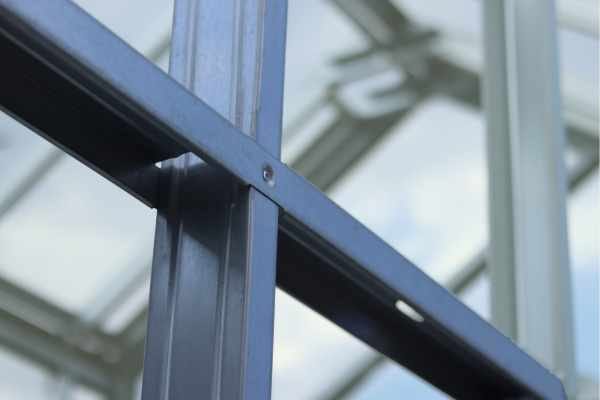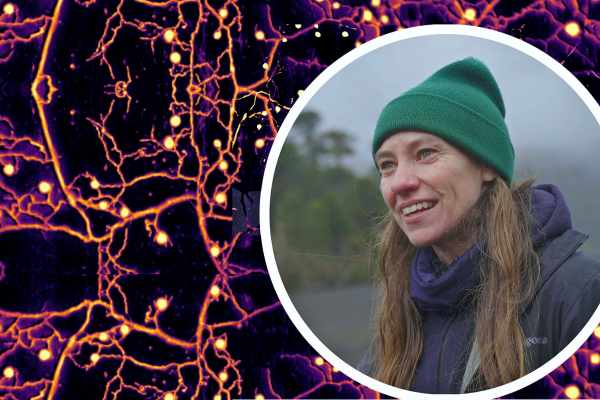City skyscraper makes the cut
Sydney's Quay Quarter Tower has been named as one of the Earthshot Prize finalists as the world’s 'first fully upcycled skyscraper'.
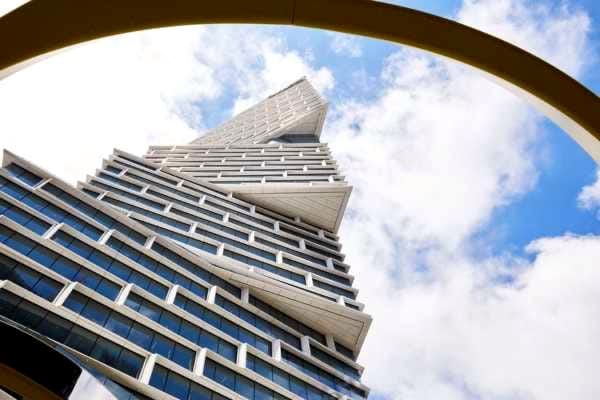
An upcycled architectural icon in Sydney's Circular Quay has been named as a finalist in this year's Earthshot Prize.
The Quay Quarter Tower was recognised in the 'Build a Waste-free World' category for its high-rise retrofit, delivered as an alternative to demolition – a practice that generates significant carbon emissions and contributes to global waste.
The Earthshot Prize, which was founded by Prince William in 2020, aims to spotlight scalable, impactful innovations that address critical planetary challenges. This year's five prize winners will be announced on 5 November at an awards ceremony in Rio de Janeiro across five categories: nature restoration, air quality, ocean health, climate repair, and waste reduction.
"We extended the life of a building by decades, halved its carbon impact, and created a more engaging workplace for thousands of people."
The Quay Quarter Tower, which was once the tallest building in Sydney, had reached the end of its operational life, according to the project team. But instead of demolishing and rebuilding, they opted for a deep retrofit.
Behind the project were Danish architects 3XN working alongside Australian executive partner BVN, engineers BG&E and Arup, and contractor Multiplex.
"The demolition cycle is one of the greatest threats to our global climate goals. Quay Quarter Tower proves that transformation at significant scale is possible and, critically, commercially viable," Fred Holt, Design Lead at 3XN said.
"We extended the life of a building by decades, halved its carbon impact, and created a more engaging workplace for thousands of people."
The retrofit was completed in 2022 and the team said it managed to retain 65% of the original structure and 98% of the core, eliminating more than 12,000 tonnes of embodied carbon. Meanwhile, office space more than doubled across the building’s original footprint.
Prince William said he was "truly inspired" by this year’s finalists, which embody the urgent optimism at the heart of Earthshot's mission.
“In just five years, The Earthshot Prize has shown that the answers to our planet’s greatest challenges not only already exist, but that they are firmly within our grasp,” he said.
Build a Waste-free World
Other finalists in the Waste Free World category included ATRenew, a Chinese electronics recycler, which has developed an AI-powered platform to facilitate safe and efficient reuse of electronic devices such as old phones and laptops. Lagos Fashion Week in Nigeria was also named a finalist for showcasing sustainable African designers and circular fashion practices.
Fix Our Climate
In the Fix Our Climate category, finalists included US-based Form Energy, the creator of iron-air batteries that can store renewable energy for up to 100 hours at a fraction of the cost of lithium alternatives. The nation of Barbados was also named as a finalist for its green economic reforms developed to boost resilience from climate impacts in small island states. The Friendship NGO from Bangladesh earned its place for empowering remote communities to adapt to climate change through floating infrastructure such as hospitals and schools.
Revive Our Oceans
A finalist in the Revive Our Oceans category is Matter, a UK company developing filtration systems to capture microplastics at the point of release such as household washing machines or industrial drains. The High Seas Treaty, a finalist from the Netherlands, has established a new global legal framework to safeguard international waters from overfishing. Bonds for Ocean Conservation from the US was also named as a finalist for its role in establishing a financing model to fund marine conservation at scale through debt conversion.
Protect and Restore Nature
Tenure Facility from Sweden was a finalist in the Protect and Restore Nature category for its work in strengthening land rights of Indigenous Peoples to protect natural ecosystems for future generations. Re.green from Brazil was also named for its work in solving large-scale reforestation of degraded land by building in economic incentives. The Tropical Forest Forever Facility in Brazil also claimed a spot on the list for developing a long-term financing structure to provide countries with income in exchange for tropical forest protection.
Clean Our Air
Each of the finalist spots in the Clean Our Air category were claimed by urban cities and regions working on large-scale environmental challenges. They included the City of Bogotá in Colombia, which has been expanding green urban mobility through clean public transport. The State of Gujarat in India was named as a finalist for implementing incentivised air quality monitoring and emissions reduction. The City of Guangzhou in China joined other finalists for the electrification of its city-wide transport system to deliver cleaner air.
*The Zero Planet is an Official Nominator for the Earthshot Prize
The Earthshot Prize is a global prize and platform for impact, designed to discover, celebrate and scale the best solutions to help repair the planet. This year's 15 finalists were selected from nearly 2,500 nominations across 72 countries. The finalists are in the running to win one of five £1 million prizes. Alongside the prize money, each finalist is supported through a year-long fellowship program aimed at scaling their impact.
Related stories
